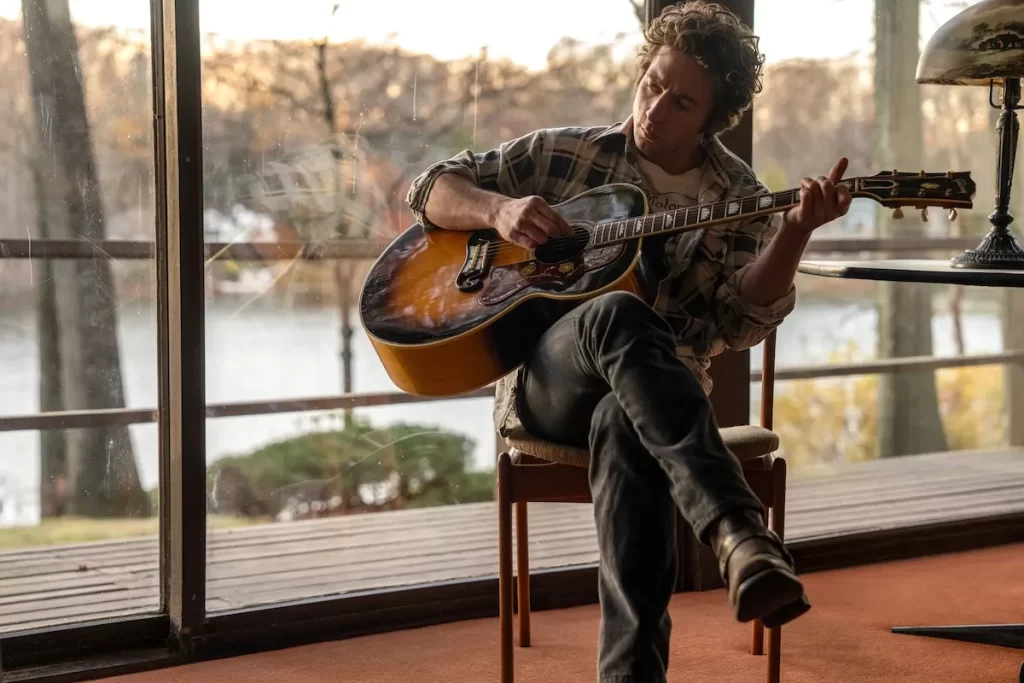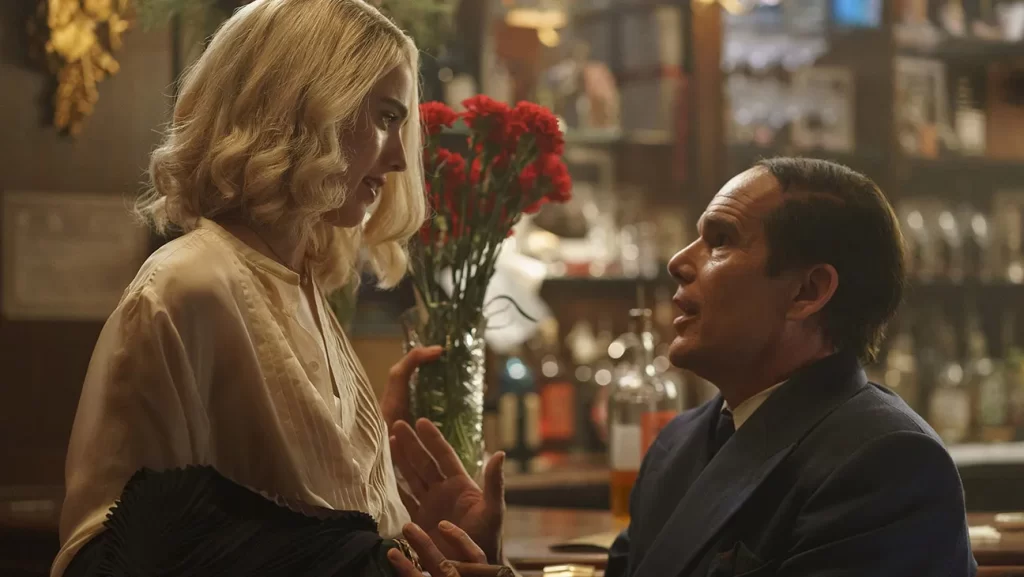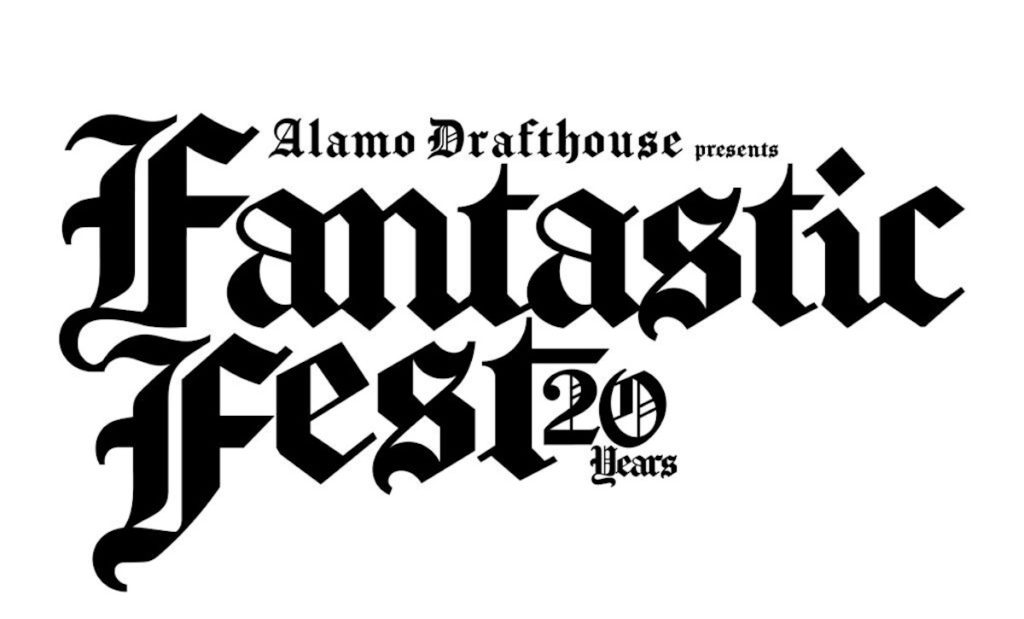I’d like to make a confession, if I may: the older I get, and the more time I spend at film festivals, the more I find myself gravitating towards documentaries. It’s not that I’m not open to the possibility of discovering a richly gifted narrative filmmaker in the festival setting – it’s happened more times than I can count. But when your time and energy is precious, if it comes down to the choice between an unknown entity and a film about something you’re already interested in, I go with the latter every time.
That’s proven especially true in the film festivals of the pandemic, which have all had a sense – deserved or not – of being programmed with the best of what they could get, rather than the best of what’s out there. To it more plainly, if I were a filmmaker with a surefire indie hit on my hands, I might just wait a few more months to have the full film festival experience (travel, packed theatrical screening, big dumb party afterwards) than debut it in a “from home” capacity.
None of which is the fault of SXSW, the festival that has, I would argue, suffered the worst from covid-19 – this is the second consecutive year that they’ve had to forgo an in-person get-together in Austin, Texas, and a huge part of the draw of that festival has always been its location (and the many charms therein). But when I looked over the slate, most of what was of interest to me was in the non-fiction sections, so I decided to focus on four of those film, each of which fill a particular niche in contemporary documentary filmmaking.

In terms of the traditions of the medium, we tend to think first of documentaries as custodians of history, but Dear Mr. Brody is not, by most definitions, a traditional documentary. Its director is Keith Maitland, who helmed the groundbreaking doc/animation hybrid Tower; here, he tells the story of Michael James Brody, the 21-year-old “hippie millionaire” and heir to a margarine fortune who captured the American imagination for about a week in 1970 when he promised to give away all his money, “because people need it more than I do.” All you had to do, he said, was send him a letter.
So people did. Boy, did they ever. They sent boxes and boxes of letters, most of which went unopened, and there’s some cruelty there – because people poured out their hearts, told their darkest secrets, and were roundly ignored. The filmmakers seek out some of those letter-writers, and their surviving relatives, allowing their stories to be told at long last, which means the film is part history, part investigation, and part analysis. And the last element is what really makes it special – because it would be easy to paint Brody as a monster for raising this kind of hope and dashing it. But he had problems of his own, and Dear Mr. Brody is, in many ways, a story of tragedy for everyone involved.
Some documentaries are interested in more recent history, often at the service of a political agenda, which brings us to United States vs. Reality Winner, a detailed dive into the June 2017 arrest and subsequent incarceration of the intelligence contractor who leaked sensitive documents about Russian interference into the 2016 elections. The Trump years were such a flurry of news and “fake news” and scandals and bullshit that this story kind of appeared and disappeared; here, it’s given the proper amount of breathing room.
Director Sonia Kennebeck is undoubtedly on her subject’s side, and that sympathy presumably helped her gain access to Winner’s parents, who become the film’s primary onscreen protagonists. But it’s also hard not to be her side, particularly when the case is made so persuasively, with the help of other interviewed whistleblowers, including Edward Snowden and Thomas Drake. (The picture is also merciless in its portraiture of The Intercept, whose mishandling of the leaked documents lead directly to Winner’s arrest.) We get plenty of details on her biography and into the events of her leaked intelligence, but Kennebeck’s wisest choice is to keep circling back to the chilling audio of her lengthy interrogation by the FBI. We hear, quite clearly, a scared young woman who thought she was doing right by her country. There but for the grace of God, etc.

The Oxy Kingpins is of a different non-fiction ilk: the contemporary issues documentary, diving into a topic of current national interest with more depth than the typical nightly news report allows. Here, that topic is the opiod crisis, and director Brendan Fitzgerald adopts a multi-pronged approach, profiling a former dealer, a former user, the attorney at the head of a class action lawsuit, and his investigator, among others.
The problem with contemporary issues documentaries is that, too often, you could get as much (or more) of the information in a well-researched and well-written magazine feature. Fitzgerald dodges that trap here by throwing in his lot with these particular people, colorful characters all – particularly (and surprisingly) the lawyer, who is a real mad-dog type. At 82 minutes, The Oxy Kingpins still feels a little too slim; I keep seeing docu-series that should just be a movie, but here’s a movie that should be a docu-series.
“Who am I, really?” That’s the question Paul Fronczak asks early in The Lost Sons, the latest example of the mystery documentary – films like Three Identical Strangers, Tell Me Who I Am, and the contemporary king of the sub-genre, Dear Zachary, which immerse us in investigations and plot twists and long-held secrets. These films have their detractors, many of them vocal, who object to how they often use real-life tragedies – withholding information to provide shock turns in the narrative. I’m fine with that, morally and aesthetically; your mileage may vary.
The story at its heart is every parents nightmare: the 1964 kidnapping of baby Paul from a Chicago hospital, not long after his birth. More than a year later, he was found half a country away – or was he? Director Ursula MacFarlane uses archival footage, tasteful reenactments, and contemporary interviews to bring his very cold case to vivid life, but she’s ultimately less interested in the ins and outs of the DNA than the event’s interpersonal toll. It’s a quiet tragedy, scary and sad, brought to a fascinating and emotional conclusion.
So what, then, did I learn from the documentaries of SXSW? Mostly, what I’ve learned from all of these virtual festivals: I’m ready to watch movies in a big room, on a big screen, with a bunch of strangers. Hopefully that’s not too far away. Fingers crossed.



